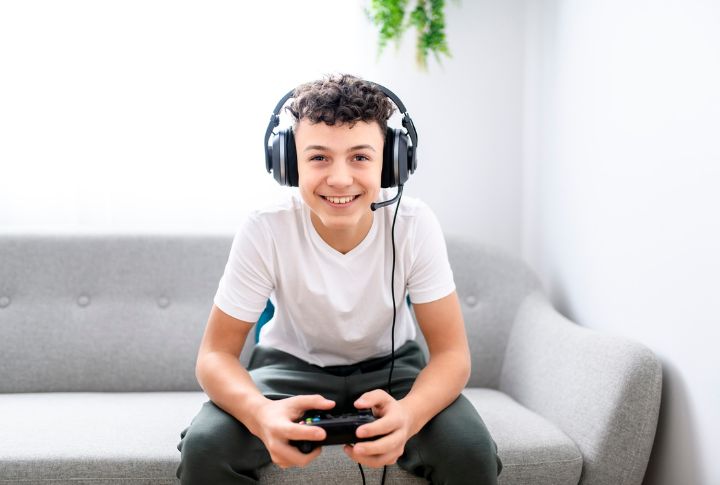
If you’ve ever thought video games were brain-destructive, think again! Beyond the pixels and high scores, gaming offers numerous cognitive benefits. Here are 10 reasons why you should reconsider your stance on video games and appreciate their brain-boosting potential.
Improves Memory

Playing video games trains your brain to store memories better. The brain creates new pathways in complex gaming worlds that require remembering maps, strategies, and patterns. Like a mental stimulation exercise for your brain, this enhances your recall and information retention capabilities.
Boosts Problem-Solving Skills

Games with puzzles, challenges, and mazes always call for quick thinking. They need you to plan a strategy to beat the enemy, jump a level, or solve a mystery. Hence, you can boost your problem-solving skills for real-life problems through all these tasks and activities.
Enhances Multitasking Abilities

Have you ever juggled multiple quests in an RPG or managed resources in a real-time strategy game? If yes, then you are becoming a multitasking master. Video games typically have several controls at hand and on-screen that you need to pay attention to. Mastering all these controls while simultaneously playing and winning improves multitasking.
Boosts Reflexes

If you snooze, you lose—this is the philosophy in most first-person shooters and action games that demand lightning-fast reflexes. These games train your brain to process information quickly and respond in milliseconds. This quick thinking can translate to real-world benefits, like better driving skills and improved sports performance.
Augments your Spatial Awareness

Moving through virtual worlds enriches your spatial awareness. Games like “Portal” and “Assassin’s Creed” require understanding and manipulating space in three dimensions: reading maps, driving, and even packing a suitcase. If you play such games long enough, your spatial awareness of the world improves.
Increases Attention Span

Science agrees that certain video games, mainly action and strategy games, can improve visual attention and sustained focus. The main reason behind this improvement is that they require players to track multiple moving objects, filter out distractions, and plan toward long-term goals.
Enriches Social Skills

Multiplayer video games and online communities foster social interaction through collaborations for missions. This engagement in friendly competition helps you become a better communicator and team player. Those late-night gaming sessions with friends directly boost your social IQ. Who knew bonding over a game could be so beneficial?
Amplifies Creativity

Games like Minecraft unleash your inner creator. These open-ended worlds necessitate designing structures, crafting game levels, and tackling inventive puzzles. Continuously problem-solving and world-building flexes your imaginative muscles, diversifying your creative approach. As a result, when tackling real-life projects and hobbies, you’re more likely to bring fresh and innovative ideas.
Helps Relieve Stress

Immersing yourself in a game distracts you from daily worries and provides a mental escape. It also creates a sense of achievement and progression when you win at games, and this uplifts your spirits. Sometimes, consider a little gaming therapy—it’s cheaper than a spa day!
It is an Opportunity to Learn

Educational games flip the script on boring learning, making the usual teacher interaction fun and engaging. The possibilities are endless, from historical adventures in “Assassin’s Creed” to language-learning games. Games that offer you educational tidbits make absorbing new information enjoyable and effective.
